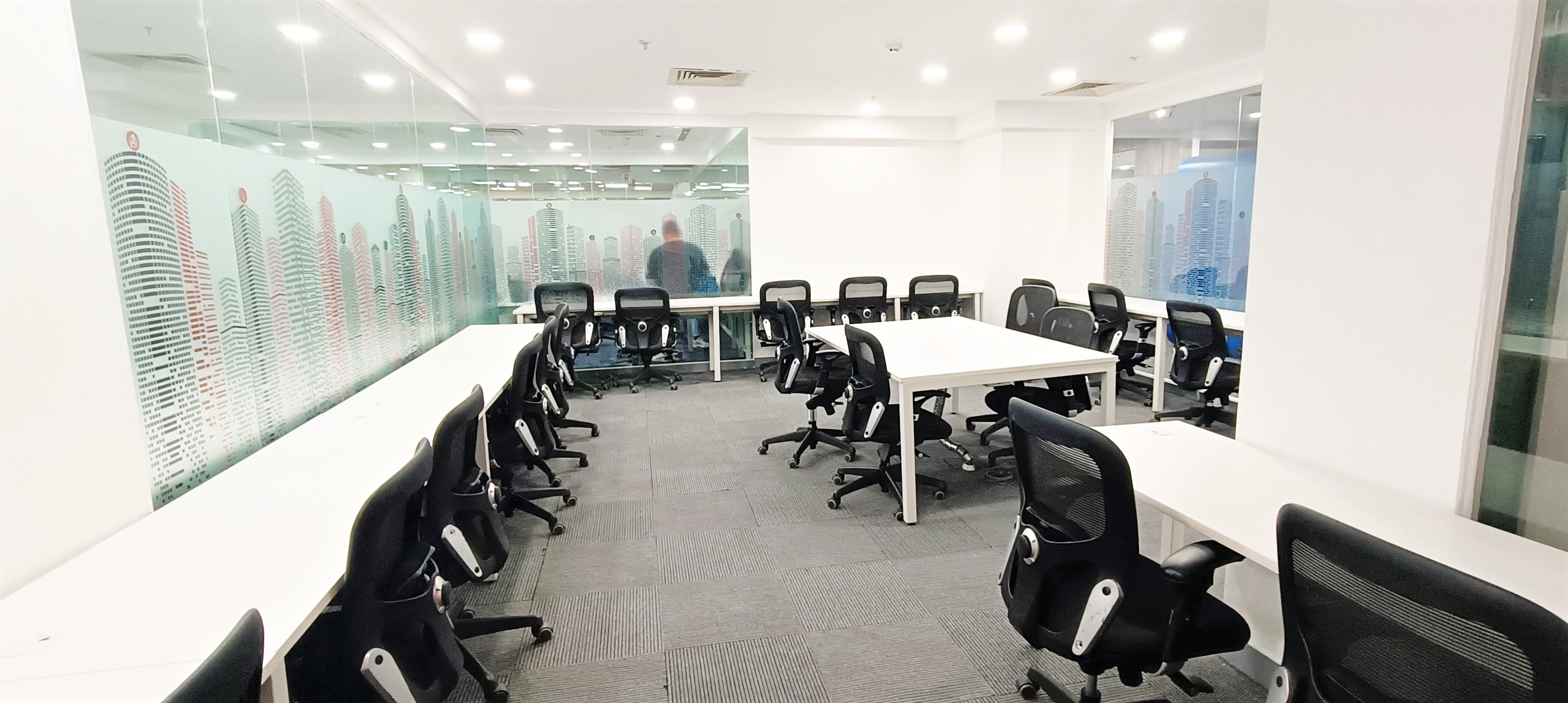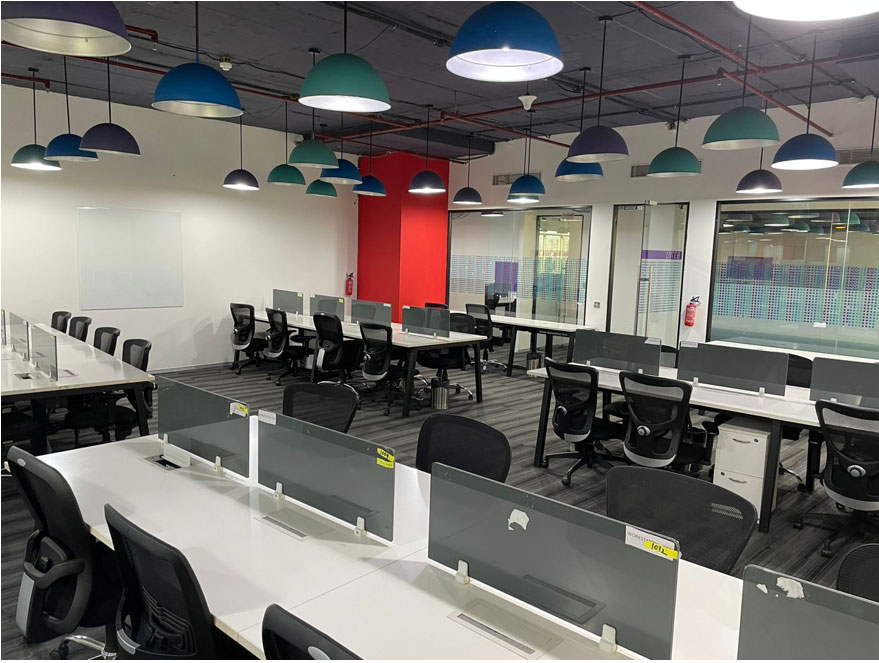From professionals with many years of experience in their kitty to fresh graduates, India has been witnessing entrepreneurs coming up with great ideas for a few years. However, sometimes it becomes a challenge to get funds to run and support the business. If you are also one of those who are finding it difficult to collect funds, then you can consider the incentives offered by the Government of India.
The Government of India has launched several incentive schemes to encourage entrepreneurship and promote the growth of startups in the country.
💡 Are you looking for Coworking space in Gurgaon, Noida or Delhi?. We are just a call away.
Call now: 08999 828282
20 Best Government Schemes for Startups in India 2024
Here are the 20 best incentives offered by the government of India are mentioned below:
-
- Startup India Scheme
- Mudra Yojana Scheme
- Stand-Up India Scheme
- Atal Innovation Mission (AIM)
- Electronic Development Fund (EDF)
- Pradhan Mantri Mudra Loan Yojana (PMMY)
- National Entrepreneurship Awards (NEA)
- Make in India Initiative
- Pradhan Mantri Employment Generation Programme (PMEGP)
- National Rural Livelihoods Mission (NRLM)
- Credit Guarantee Fund Scheme for Startups (CGSSS)
- Technology Business Incubator (TBI) Scheme
- BIRAC Biotechnology Ignition Grant (BIG) Scheme
- National SC/ST Hub
- Export Promotion Capital Goods (EPCG) Scheme
- Udyog Aadhaar Registration
- Single Window Clearance
- Skill India Mission
- Digital India
- National Intellectual Property Rights (IPR) Policy
1. Startup India Scheme
This scheme was launched to promote and support startups in India by providing them with funding, tax benefits, and other incentives. It also provides legal and regulatory support and helps startups to network and collaborate with investors, mentors, and other entrepreneurs.
2. Mudra Yojana Scheme
This scheme provides financial assistance to small and micro enterprises, including startups, through loans of up to INR 10 lakhs. The scheme has been designed to cater to the financial requirements of startups and small businesses in the country.
3. Stand-Up India Scheme
This scheme was launched to promote entrepreneurship among women and SC/ST entrepreneurs. Under this scheme, loans of up to INR 1 crore are provided to eligible entrepreneurs to start or expand their businesses.

4. Atal Innovation Mission (AIM)
AIM is a government initiative that aims to promote innovation and entrepreneurship in the country. The mission provides funding, mentorship, and other support to startups and entrepreneurs working on innovative ideas.
5. Electronic Development Fund (EDF)
The EDF is a fund set up by the government to provide financial assistance to startups and small businesses working in the electronics and IT sectors. The fund provides equity, debt, and other forms of funding to eligible companies.
6. Pradhan Mantri Mudra Loan Yojana (PMMY)
This scheme provides loans to small and micro enterprises, including startups, for their business needs. The loans can be availed without any collateral security and can be used for various purposes such as working capital, buying machinery, and purchasing raw materials.
7. National Entrepreneurship Awards (NEA)
Instituted by the Ministry of Skill Development and Entrepreneurship, NEA recognizes and rewards outstanding entrepreneurs and organizations that have made significant contributions to entrepreneurship development in India. The awards aim to inspire and motivate individuals and enterprises to excel in their entrepreneurial endeavors.
8. Make in India Initiative
Indian Government Launched Make in India Initiative to boost the manufacturing in India and promote entrepreneurship by creating a conducive environment for investment, innovation, and skill development. Make in India Scheme offers incentives and support for setting up manufacturing units, easing regulations, and facilitating technology transfer and collaboration.
9. National Rural Livelihoods Mission (NRLM)
The National Rural Livelihood Mission is a poverty alleviation project launched in 2011 by the Ministry of Rural Development, a branch of the Government of India. This plan is focused on promoting self-employment and entrepreneurship among rural households by providing skill development training, access to credit, and support for setting up micro-enterprises.
10. Pradhan Mantri Employment Generation Programme (PMEGP)
PMEGP, initiated by merging Prime Minister’s Rozgar Yojana (PMRY) and Rural Employment Generation Programme (REGP), offers financial assistance for setting up new micro-enterprises and generating employment opportunities in rural and urban areas.
11. Credit Guarantee Fund Scheme for Startups (CGSSS)
Under this scheme, startups can avail credit facilities without collateral security or third-party guarantee. The government provides credit guarantee cover to banks and financial institutions.
12. Technology Business Incubator (TBI) Scheme
TBIs provide startups with necessary infrastructure, mentoring, networking, and other support services to help them grow. The government provides financial assistance for setting up and operating TBIs.
13. BIRAC Biotechnology Ignition Grant (BIG) Scheme
Aimed at biotech startups, this scheme provides early-stage funding and support to validate innovative ideas and technologies.
14. National SC/ST Hub
This initiative aims to provide support to entrepreneurs from Scheduled Castes (SC) and Scheduled Tribes (ST) by facilitating access to finance, markets, and capacity building.
15. Export Promotion Capital Goods (EPCG) Scheme
Startups engaged in export-oriented activities can avail duty-free imports of capital goods under this scheme, which aims to promote exports.
16. Udyog Aadhaar Registration
This scheme provides a unique identity to micro, small, and medium enterprises (MSMEs), simplifying the registration process and enabling them to avail various benefits and schemes.
17. Single Window Clearance
Several states in India offer a single window clearance system for startups, simplifying the process of obtaining various licenses, approvals, and registrations required to start a business.
💡 SMBs looking for HR, Marketing, Technology and Funding solutions for their business.
Call Hello Jarvis 994 8000 800
18. Skill India Mission
While not directly targeted at startups, Skill India aims to provide skill training to youth, enabling them to become job creators rather than job seekers, thereby fostering entrepreneurship.
19. Digital India
This initiative aims to transform India into a digitally empowered society and knowledge economy by promoting digital infrastructure and services, which can benefit startups operating in the digital space.
20. National Intellectual Property Rights (IPR) Policy
The policy aims to promote innovation and entrepreneurship by creating a conducive environment for the protection and commercialization of intellectual property rights.
These are some of the major incentives offered by the Government of India to promote entrepreneurship and support startups in the country.
If you are an entrepreneur who wants to maintain a certain budget and at the same time want a full-fledged office as well, you can pay a visit to the nearest The Office Pass. To know about the amenities that you can avail of at The Office Pass, you can contact us at 08999 828282.
FAQs:
Question: What are the key government schemes for entrepreneurship development in India?
Answer: The government of India offers several schemes to promote entrepreneurship in the country. These schemes aim to provide financial and non-financial support to budding entrepreneurs.
Question: Can you list some of the popular government entrepreneurship schemes available to entrepreneurs in India?
Answer: Some popular government entrepreneurship schemes in India include the Startup India, Standup India, Pradhan Mantri Mudra Yojana, and Atal Innovation Mission, among others.
Question: How does the Startup India scheme support entrepreneurs in the country?
Answer: The Startup India scheme provides various benefits, such as tax exemptions, funding opportunities, and a single-window clearance system to simplify regulatory processes for startups.
Question: What is the Pradhan Mantri Mudra Yojana, and how does it assist entrepreneurs in India?
Answer: The Pradhan Mantri Mudra Yojana offers financial support to micro and small enterprises by providing loans through various Mudra loan schemes, helping entrepreneurs access the necessary funds for their businesses.
Question: Are there any government schemes specifically targeting women entrepreneurs in India?
Answer: Yes, there are schemes like the Mahila Coir Yojana and Mahila E-Haat that aim to empower women entrepreneurs in India by offering financial aid and market access opportunities.
Question: How can entrepreneurs benefit from the Atal Innovation Mission (AIM) in India?
Answer: The Atal Innovation Mission supports innovation and entrepreneurship by providing funding, mentorship, and infrastructure to promote a culture of innovation and entrepreneurship among Indian youth.
Question: What are incentives and subsidies in entrepreneurship development?
Answer: Incentives denote concessions and subsidies. A subsidy is a single lump-sum amount that is offered by the government to entrepreneurs.
Question: What are the types of incentives?
Answer: The two types of incentives are financial and non-financial incentives. Financial incentives are monetary in nature; and, non-financial incentives are non-monetary rewards like recognition and privileges.









